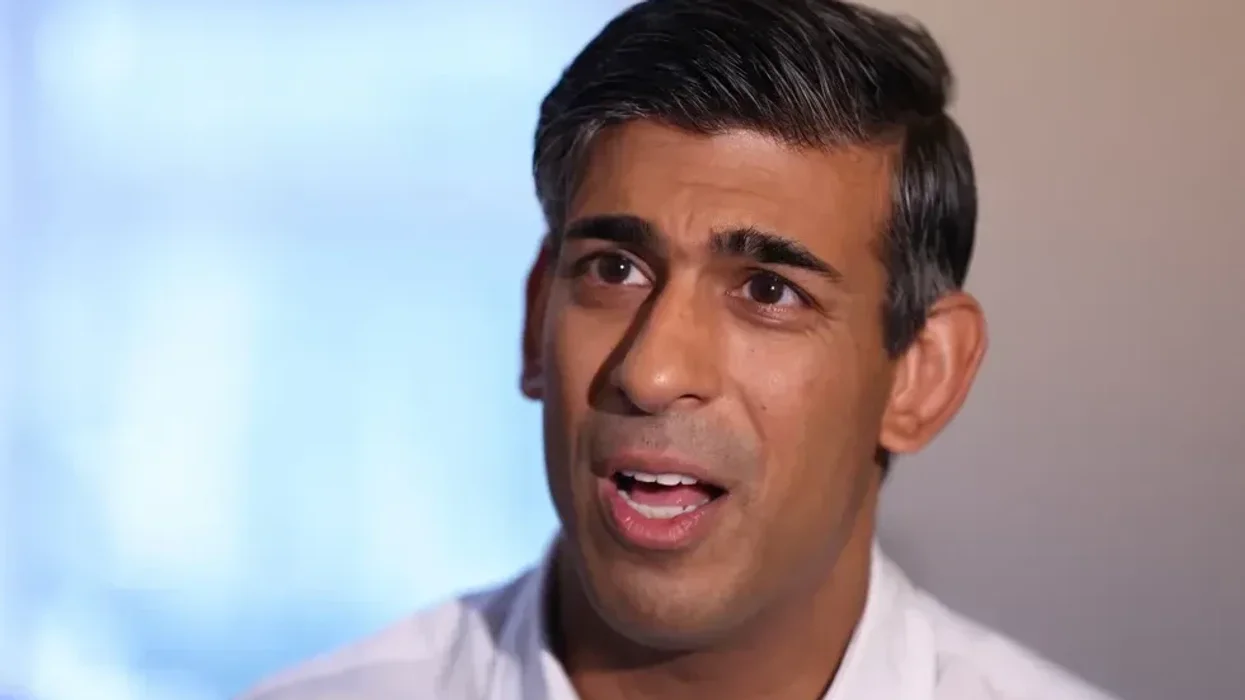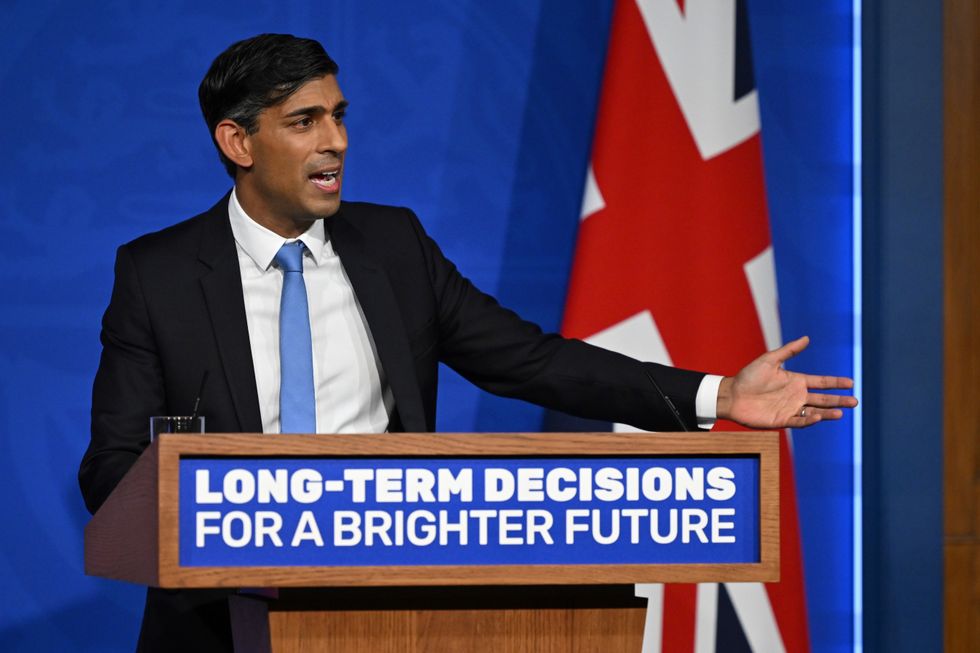Sunak weighs up a major risk on migration but it could tear his party apart - analysis by Tom Harwood

The government’s position on the UK’s membership of the European Convention on Human Rights has been thrust into the spotlight this week
|PA

The Prime Minister could take a risk and use this moment to deliver a further wedge issue between himself and Sir Keir Starmer
Don't Miss
Most Read
The Government’s at times ambiguous and divided position on the UK’s membership of the European Convention on Human Rights has been thrust further into the spotlight this week, as we learn the date at which Rwanda hearings begin at the Supreme Court.
Not only will the hearings, starting on 9th October and lasting through to November, cut to the core of one of the most increasingly contentious elements of British politics: the UK’s stance towards the ECHR.
To be clear, the Government believes its Rwanda policy is within the bounds of the ECHR.
Yet in order to maintain a delicate balance of opinion around the Cabinet table, Number 10’s line on the matter is that if the Supreme Court were to strike down the controversial deportation plan – on the basis of Article 3 of the ECHR, the prohibition of torture - the UK’s membership of the convention could be on the table.
WATCH NOW: Tom Harwood discusses Suella Braverman's US speech
The past has, of course, seen last-minute orders from the ECHR to stop individuals being sent to Rwanda.
However, these interventions were case-specific, targeting the particulars of individual circumstances rather than the overarching scheme. Yet, this time the Supreme Court is looking at the risk of refoulement – the return of refugees or asylum seekers to a country where they may subjected to persecution.
If the court were to find a risk of refoulment, they could strike down the deal under the terms of the ECHR. And that presents a political choice for the Government to make.
There are voices within the cabinet pushing for a stringent stance, advocating for ECHR withdrawal if it restricts the Government's policy implementations.
In contrast, others warn of the immense complications such a move may trigger.
Notably, ECHR membership is explicitly referenced within the Belfast Good Friday Agreement and the post-Brexit Trade and Cooperation agreement with the EU.
The UK's membership in the ECHR underpins several key treaties, and an exit could lead to a convoluted mess of renegotiations.
Yet further adding to the Government's internal dynamics is the position of Prime Minister Rishi Sunak, and the strategic shift in his approach to governing.
Insiders tell me that the Prime Minister sees his initial months as in the job as having been about calming things down – anchoring the economy and securing market stability.
And to a great extent he has stabilised things, not least stabilising the Tory poll deficit, stably 20 points behind the Labour Party.
This leads to a push for more radical change. As one key adviser told me, calming things down on the economy was the first major task. Now comes the time to address some of the big mistakes of the last 30 years.
Rowing back on some Net Zero commitments was just the start. We hear rumours of a system of charging patients for missed GP appointments, and the scrapping phase 2 of HS2.
LATEST DEVELOPMENTS:

'With the government exploring the boundaries of its relationship with the ECHR, the Prime Minister could take a risk and use this moment to deliver a further wedge issue between himself and Sir Keir Starmer'
|PA
These shifts are viewed as potential differentiators, setting clear demarcations between the Conservative Party and the opposition.
The ECHR debate could become a significant element of this change narrative.
With the government exploring the boundaries of its relationship with the ECHR, the Prime Minister could take a risk and use this moment to deliver a further wedge issue between himself and Sir Keir Starmer. Among the political risks, however, is whether his party could bear it.










